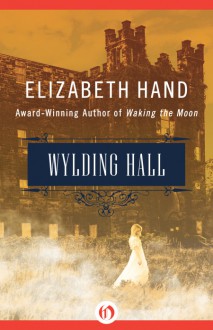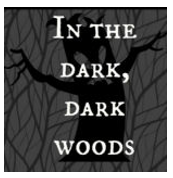
inspired "Sympathy for the Devil"
Finally getting to it now that Veronica is spending the summer learning Russian.
***
Ban the book; build the buzz.
Had it not been suppressed for forty years it wouldn't have become internationally famous. It's a bit of a mess. There's the love story of the Master, a writer, and Margarita. They're both inconveniently and unhappily married to other people, as apparently everyone was in the twenties. Don't worry, the useless-except-as-plot-devices spouses aren't in the book. The Master has written a moving novel about Pontius Pilate which no one will publish, a theme introduced early in the book: it is unacceptable to even consider that Jesus might have been a real person. This novel within the novel presents Pilate as being forced by law and politics to sentence Jesus to death, but far from washing his hands of the job, he strives to save him, to reduce his suffering, and to respect him after the crucifixion. I liked the Master's book and wouldn't have minded more of it.
Eventually the book settles down and concentrates on the suffering of the Master, but the first third of the book is devoted to satirizing Moscow's literary and theatrical (think vaudeville) world of the 20s. Not since Dante has a writer so indulged a desire to mock and punish. If these characters aren't real people I hope they're only thinly veiled ones, because otherwise they are too shallow to bother with. Their sins are mostly about getting a better apartment, which in an overcrowded urban environment is no sin at all.
Knowing that this was the inspiration for "Sympathy for the Devil" I had high hopes going in for that character. Jagged and Richards did more and did it better than Bulgakov. He doesn't get to do much, he's just a man who is too old for in unpleasant job, but too decent to leave the hard work to someone else. His staff are all less powerful and less competent, but they seem to derive some pleasure from the business of pointing out folly in humans. Not much fun, really, considering what one might do, but a bit in the end.
There is some real fun when we finally get to Margarita: girlfriend gives it all over to being a witch, but it turns out that being a witch is also not as much fun as you might think. Bulgakov 's damned are a parade even he finds to tedious to recount.
The book does have a happy ending, for some bleak Russian notion of "happy". No doubt it was fun to write, but the titular characters don't have much agency, and the structure deprives the book of any real momentum until half way through, so even though I did become familiar with Russian names, overall it wasn't very rewarding. I wanted to love it: it features an oversized talking black cat, but even those bits were joyless until the last sixty pages.
Maybe the Soviets only suppressed it for being slow, and dull, neither instructive nor entertaining. Or maybe I should quit trying to read Russian fiction, since I never end up liking it. Or both.
Library copy
Edited to correct typo



 Log in with Facebook
Log in with Facebook 









